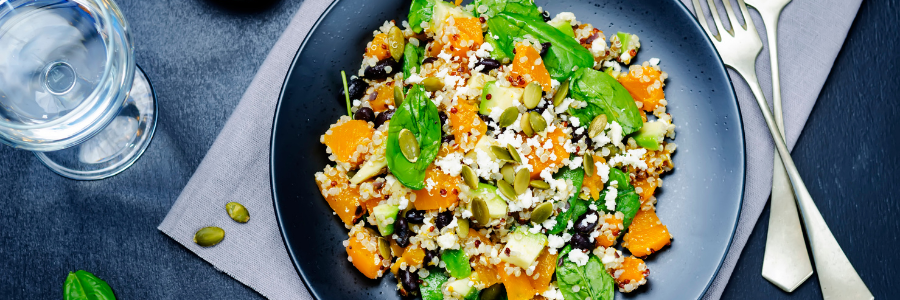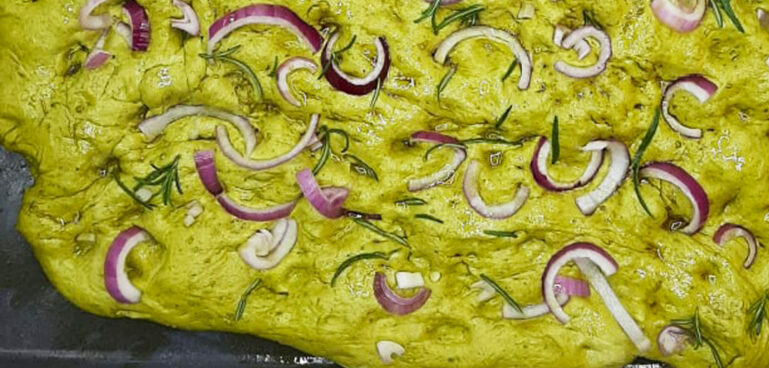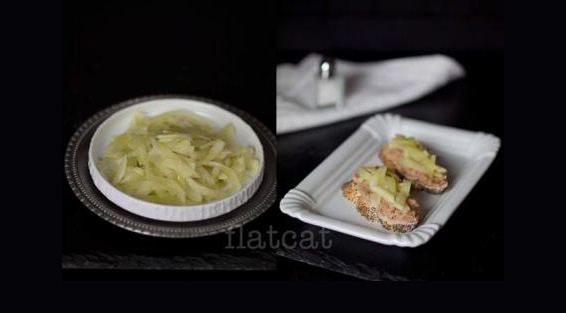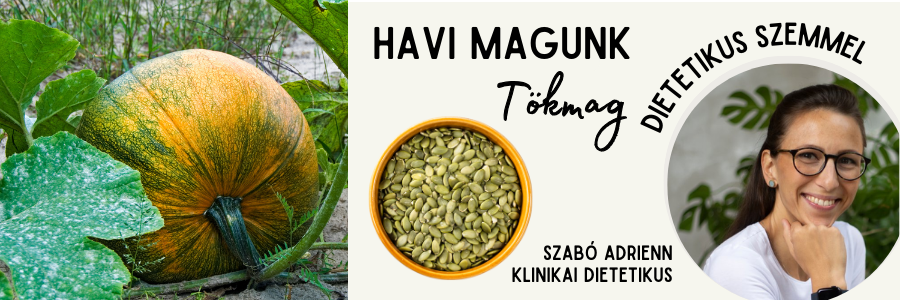
Pumpkin Seeds in the Kitchen
Adults often snack on sunflower seeds, walnuts and poppy seeds are in many of our pastries, many people like peanuts in a salty-roasted version, almonds and pistachios are the most popular snacks, squirrel nuts are present in many chocolates, and cashews are a favorite of vegans.exclamation We rarely see a few pumpkin seeds on a bagel or bread, but we mostly consume its oil.exclamation
However, it is not only great for savory dishes, but also perfect when combined with sweets. For example, it is excellent with dark chocolate for a snack or packed in granola.exclamation It is worth always keeping it at home, and even sprinkling a tablespoon on top of salad or roasted vegetables after dry roasting.exclamation
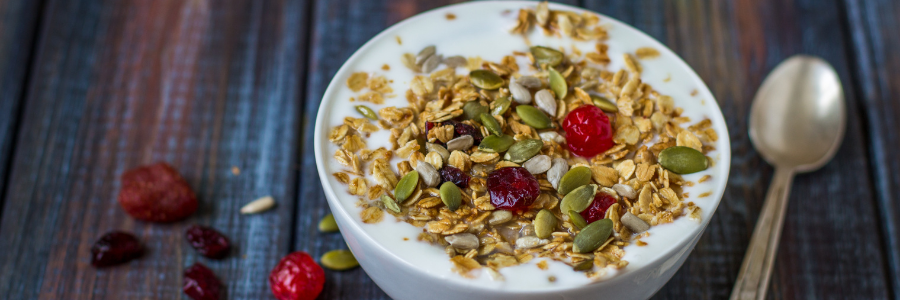
It is difficult to speak convincingly about flavors, so let’s examine pumpkin seeds from a dietetic point of view!
Nutritional Content of Pumpkin Seeds
ENERGY
Similar to most oilseeds, its energy content is high, almost perfectly matching that of cashews, at about 570 kcal/100 g, which is due to its high fatty acid and significant protein content. The nutrient density of the seeds is high, so – although their daily consumption is recommended – it is worth maximizing it to 1-2 loose handfuls (about 20 g) per day, which means about 120 kcal calorie consumption. It is also worth keeping in mind that the energy content of 100 ml of the delicious greenish-reddish pumpkin seed oil is 900 kcal, 1 tablespoon is about 100 kcal, so drizzle it carefully!
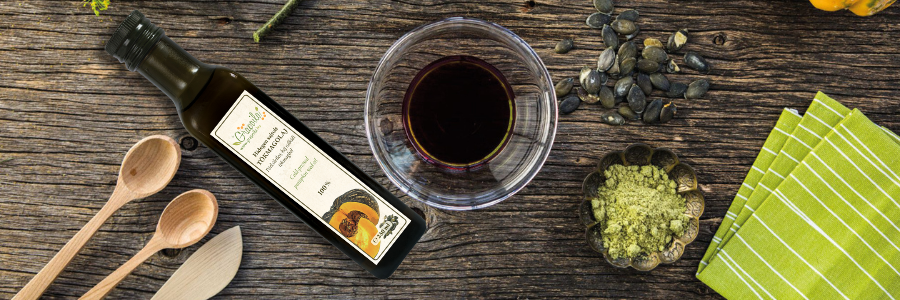
OUTSTANDING PLANT PROTEIN CONTENT
Of the oilseeds, pumpkin seeds have the highest protein content: ⅓ of the small seeds are protein. And now everyone hold on, the protein content of pumpkin seed flour (low-fat) made from the hundredth part of the seeds left over from the production of Grapoila pumpkin seed oil is already 60%, while its energy content is only 352 kcal. Pumpkin seed flour is one of the most sought-after plant-based protein sources among vegans.
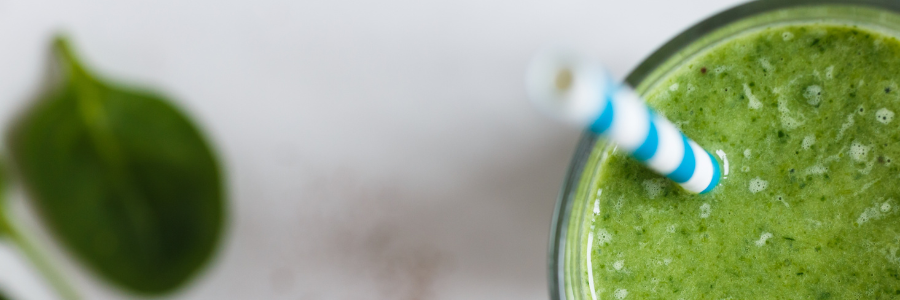
OPTIMAL FATTY ACID COMPOSITION
The fat content of pumpkin seeds and the pumpkin seed cream made from them is 50%, that of the oil is 100%, and that of the pumpkin seed flour is only around 7%. From a nutritional point of view, it is optimal that
- its saturated fatty acid content is only 9 g/100 g andexclamation
- at the same time its particularly health-protective unsaturated fatty acid content is high:
- monounsaturated 16 g/100 gexclamation
- and polyunsaturated 21 g/100 g. Pumpkin seeds have a maximum place in a health-conscious diet, in which these fatty acids with strong anti-inflammatory effects also play a role.
FAVORABLE CARBOHYDRATE CONTENT
Its carbohydrate content is very low (~5-10 g/100 g), and it is also very slowly absorbed due to its significant protein, fatty acid and fiber content.exclamation This is favorable both from the point of view of sugar metabolism and appetite control.exclamation It is also rich in complex carbohydrates, i.e. fiber (6.5 g/100 g), which also plays a role in maintaining health and supports the functioning of the intestinal system.
RICH IN MICRONUTRIENTS
We often find lists on the internet that list everything that a given raw material contains. They list the many wonderful effects, even though the mere listing, the fact that something can be found in something, does not in itself mean that we will experience the desired effect.
However, to assess the importance of a nutrient source, it is important to know the realistic consumption amount and the recommended daily dose (the latter is given in parentheses in the following list).
Based on this, it can be said about pumpkin seeds that they are an excellent source of the following micronutrients:
- Magnesium ~592 mg/100 g (~300 mg)expand_more
- Potassium ~810 mg/100 g (~2000 mg)exclamation
- Copper ~1.34 mg (~1.5 mg)exclamation
- Manganese ~4.5 mg/100 g (~2 mg)exclamation
- Iron 12 mg/100 g (male ~8 mg, female ~18 mg)
It also contains:
- Zinc ~8 mg/100 g (~40 mg)exclamation
- Selenium ~9.4 ug/100 g(~50 ug)exclamation
- Folate ~58 ug/100 g (~400 ug)exclamation
- Calcium ~55 mg/100 g (~1000 mg)
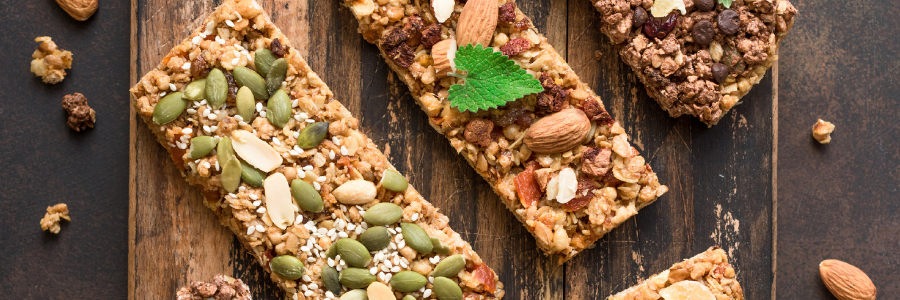
In addition to all this, it also contains antioxidant plant compounds and bioactive substances (among the hundreds, e.g. cucurbitacin, tocopherol, etc.), which also have positive health effects. They can reduce
- the risk of developing microbial infections
- oxidative stress
- the development of hyperglycemia
- the occurrence of complications of diabetes
- prostate problems (e.g., tumor, benign prostatic enlargement)
- the severity of urinary tract diseases
- the development of colon and lung cancer
- the rate of breast cancer development
- cholesterol levels (due to plant sterol content).
In addition
- they support liver function
- help with wound healing
- stimulate hair growth
- are associated with better spermatogenesis and
- have an anti-ulcer effect.
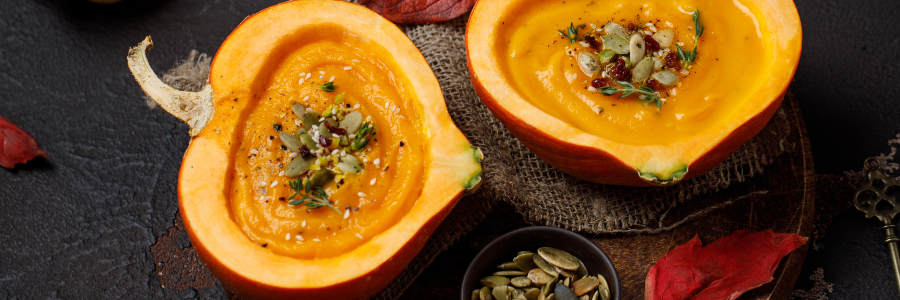
Therefore, we can truly consider pumpkin seeds as a domestic superfood.
It is a misconception that it causes pimples, and if we want to maximally enjoy its positive effects besides its taste, we should follow the recommended consumption amount, not use added oil when roasting, and snack on it in its natural, unsalted, unroasted form!
